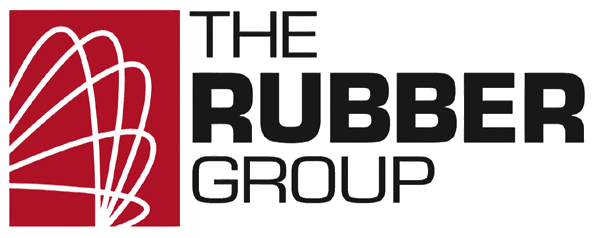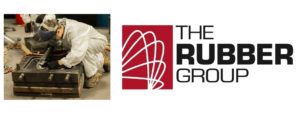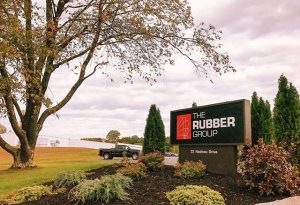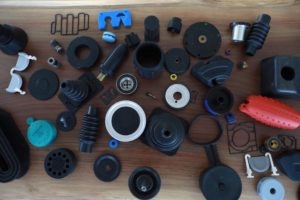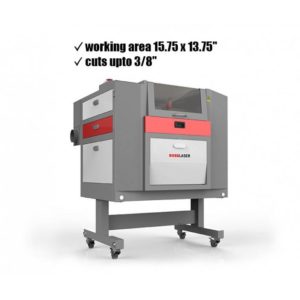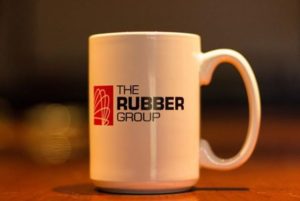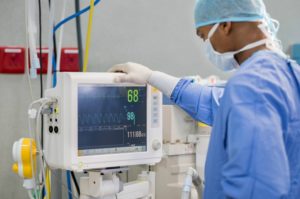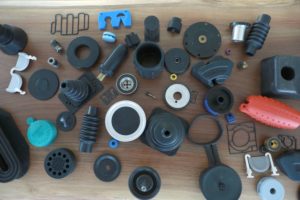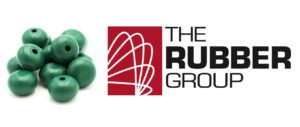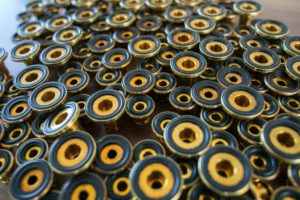Products and Services
Do you need to reduce tooling costs for molded rubber products? Then it’s time to review your part designs and find some areas for improvement. We can help.
Read MoreDo you need help designing a rubber seal for injection, compression, or transfer molding? Then remember to account for these molding and material considerations.
Read MoreThe Rubber Group uses injection, compression, and transfer molding to produced rubber products in sizes large and small. We have the rubber molding capabilities you need.
Read MoreThe Rubber Group is announcing its acquisition of a new laser marking machine that can permanently mark parts for identification and traceability.
Read MoreDo you need rapid prototyping for molded rubber products? Compare The Rubber Group’s flexible, cost-effective approach to RTV molding and 3D printing.
Read MoreMany medical molding applications use silicones, but not all of these elastomers are right for your application. Learn about silicone selection.
Read MoreWhat are the advantages, disadvantages and differences between rubber injection molding, transfer molding, and compression molding? This article explains.
Read MoreThe Rubber Group is making parts for ventilators, life-saving medical devices that are in high demand during the COVID-19 pandemic. The Rochester, New Hampshire company is manufacturing both new and existing products while leveraging its custom rubber molding, rubber-to-metal bonding, and die cutting capabilities. The Rubber Group is also producing complex molds rapidly and making…
Read More